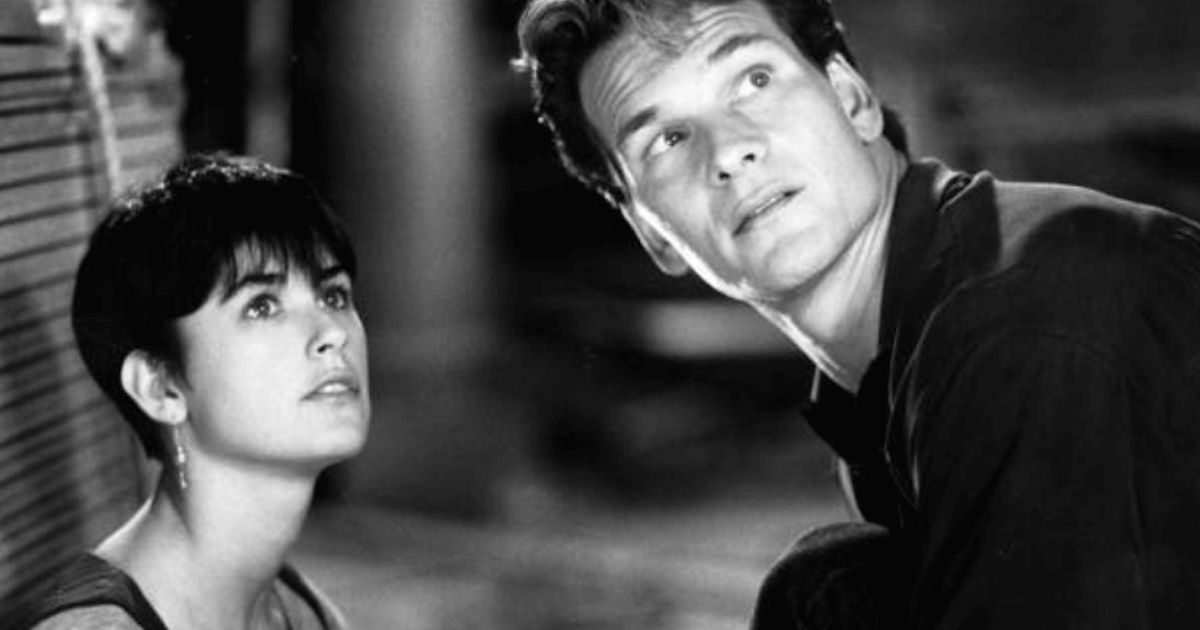Patrick's Fight
- Beloved actor Patrick Swayze died at 57 in 2009 after his battle with pancreatic cancer.
- November is Pancreatic Cancer Awareness Month; this year, approximately 57,600 people in the U.S. will be diagnosed with pancreatic cancer.
- A fighting spirit, like Swayze’s, can be helpful when battling cancer.
In a new video, Niemi discusses Swayze’s battle with pancreatic cancer. She shares how the actor passed away less than two years after he was diagnosed. Niemi acknowledges how research towards pancreatic cancer has improved, yet there is still much work to be done.
Patrick’s Pancreatic Cancer
Patrick Swayze was diagnosed with stage four pancreatic cancer in early 2008, and passed away from the disease in September 2009. He first started experiencing symptoms in December 2007. Swayze said he experienced some digestive issues and a bloated feeling for weeks. Pancreatic cancer is a particularly aggressive disease, and its treatment typically depends upon what stage the cancer is in when it’s diagnosed. It may be treated with surgical removal of the pancreas, radiation, or chemotherapy.
In the U.S. this year, approximately 57,600 people will be diagnosed with pancreatic cancer, according to the American Cancer Society (ACS), and 47,050 people (24,640 men and 22,410 women) will die of this disease. Detecting pancreatic cancer early is crucial, doctors say. Dr. Anirban Maitra, the Co-Leader of the Pancreatic Cancer Moon Shot at MD Anderson Cancer Center, tells SurvivorNet, “By the time individuals walk into the clinic with symptoms like jaundice, weight loss, back pain, or diabetes, it’s often very late in the stage of the disease. Each year in the United States, about 53,000 patients get pancreatic cancer. And unfortunately, most will die from this disease within a few months to a year or so from the diagnosis.”
“And the reason for that is that most individuals, about 80%, will actually present with what we called advanced disease,” says Dr. Maitra, “which means that the cancer has either spread beyond the pancreas or into other organs like the liver, and so you cannot take it out with surgeries. Only about 20% of individuals will actually be candidates for surgery.”
Detecting Pancreatic Cancer Early Is Crucial
Swayze’s Fighting Spirit
The way Swayze fought for movie roles likely spilled into other areas of his life, too. Keeping a positive, fighting spirit while undergoing cancer treatment can be beneficial. A positive outlook may also improve your immune system, which helps when battling cancer.
Related: Learn to Accept Yourself A Huge Part of Living With Cancer
Dr. Zuri Murrell, a colorectal surgeon at Cedars-Sinai Medical Center, tells SurvivorNet that having a positive outlook truly matters. “My patients who thrive, even with stage 4 cancer, from the time that they, about a month after they’re diagnosed, I kind of am pretty good at seeing who is going to be okay. Now doesn’t that mean I’m good at saying that the cancer won’t grow. But I’m pretty good at telling what kind of patient are going to still have this attitude and probably going to live the longest, even with bad, bad disease. And those are patients who, they have gratitude in life.”
Learn more about SurvivorNet's rigorous medical review process.


